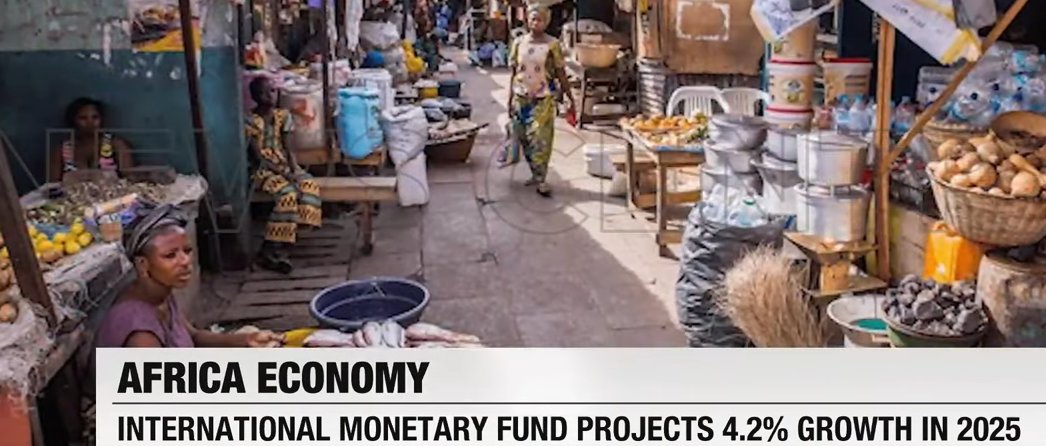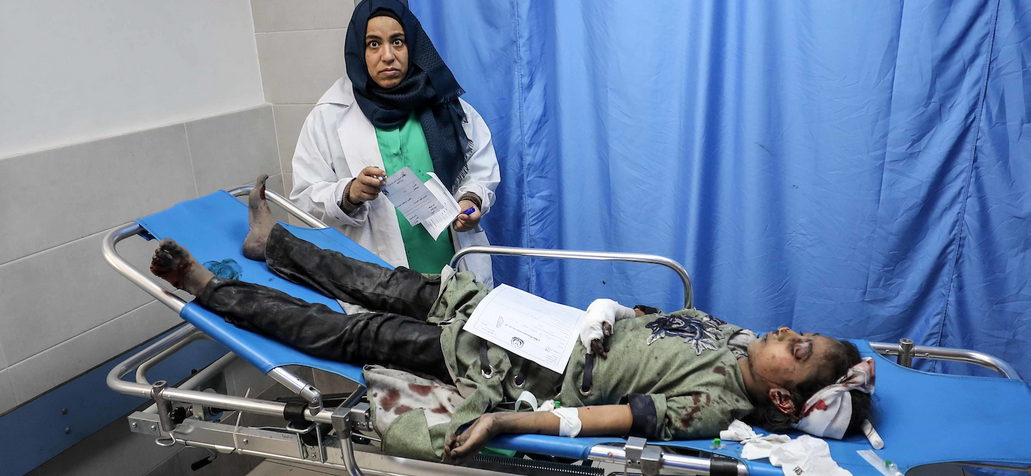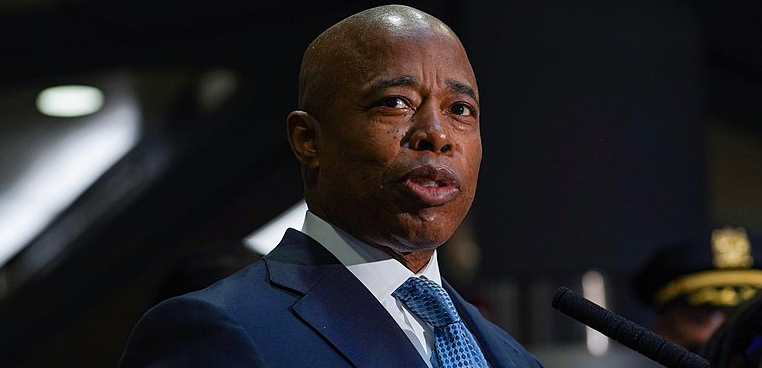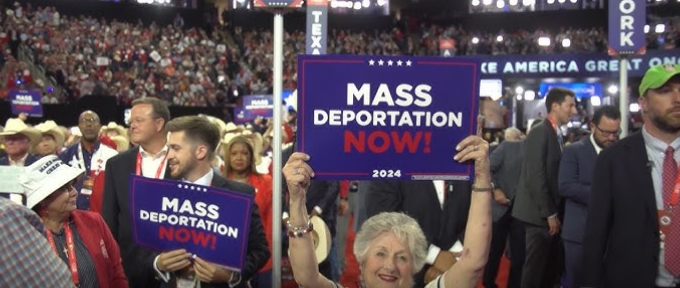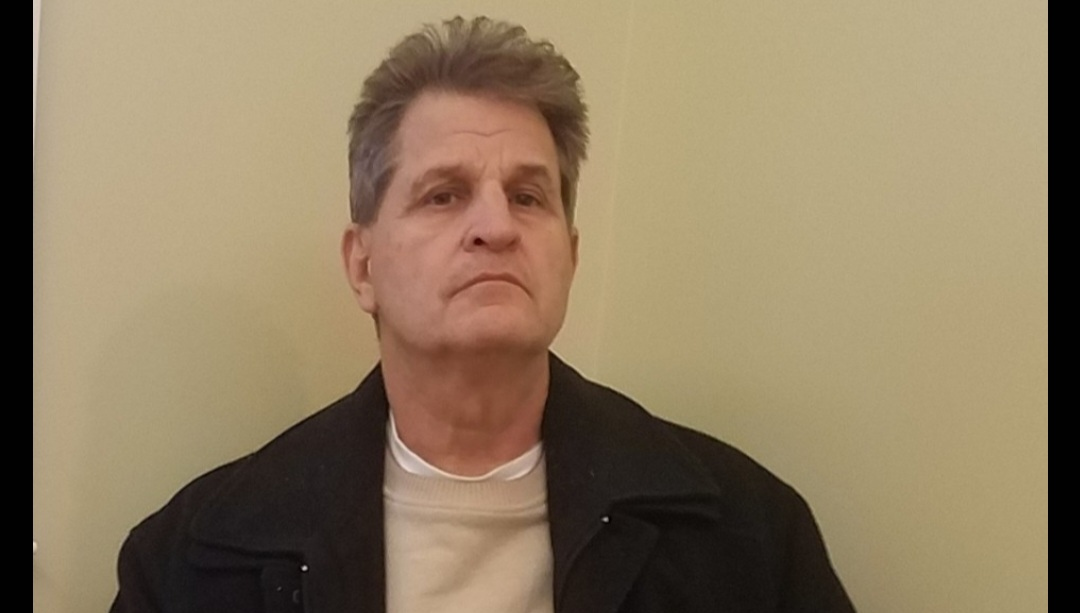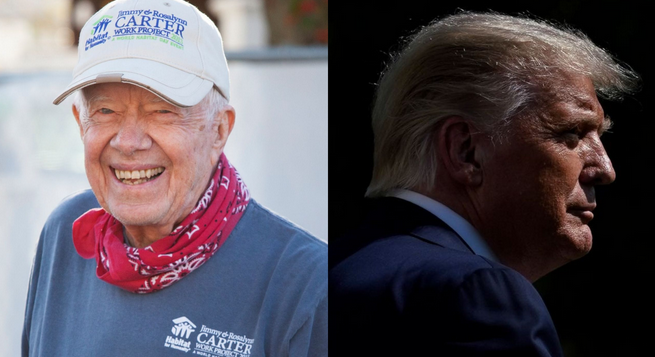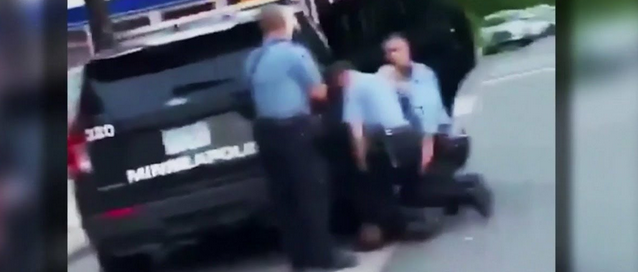Robert Zimmerman
One year later, the Trayvon Martin tragedy still stings and some people are still throwing salt on the open wound.
Last week George Zimmerman’s brother, Robert Zimmerman, posted a tweet comparing Trayvon Martin to De’Marquis Elkins, a 17-year-old African American teenager charged with fatally shooting a one-year-old baby.
The tweet showed a photo of Elkins side-by-side with a photo of Martin, both making inappropriate gestures, with the caption “A picture speaks a thousand words. Any questions?”
Zimmerman’s follow-up tweet read “Lib[eral] media [should] ask if what these [two] black teens did [to] a [woman and her baby] is the reason [people] think blacks might [be] risky”. The implication was that Trayvon Martin’s actions (going to a store to get candy and then return to his father’s home) on the night he was murdered were equivalent to the killing of an innocent child.
This would be worrisome enough if it were just the opportunistic cry of a family embroiled in racial controversy. But this belief – that male “Black teens” are inherently more likely to be or are predicate criminals – is ingrained in our society. It has seeped into our institutions in the form of racial profiling, and too often it poisons the judgment of those who are supposed to protect us.
Last year I visited Sanford, Florida in the wake of the Trayvon Martin case. The NAACP hosted a forum where residents could report incidents of police abuse. A number of African American mothers alleged that their teenage sons had been profiled, abused or even assaulted by the police. I found that the attitude of the local police department toward “Black teens” was uncomfortably similar to that of Robert Zimmerman.
But the fact is that 50 years after the Civil Rights Act, racial bias still runs rampant among law enforcement in this country. And Zimmerman’s attitude infects an institution much more influential than the Sanford Police Department: the NYPD.
The New York Police Department is currently fighting a class-action lawsuit against its racially biased practice of “Stop-and-Frisk” policing. Stop-and-Frisk allows officers to stop, question and physically search any individual they consider “suspicious.” In 2011 NYPD officers stopped nearly 800,000 people for alleged “suspicious activity”. Nine out of 10 were innocent, 99 percent did not have a gun. And nine out of 10 were Black or Latino.
The most revealing tidbit to come out of the class-action trial is a secretly recorded conversation between a deputy inspector and a police officer. The inspector is discussing a high-crime neighborhood, and he can be heard telling his patrolman: “The problem was, what, male Blacks… And I told you at roll call, and I have no problem telling you this, male Blacks 14 to 20, 21.” In other words: stop more young Black boys.
Other evidence indicates that patrolmen may be encouraged to meet arrest quotas. A tape played at the trial reveals a supervising officer asking for “more 250s” – or more Stop-and-Frisk forms. One plaintiff, a police officer, testified about the pressure he felt from supervisors – “they were very clear, it’s non-negotiable, you’re gonna do it, or you’re gonna become a Pizza Hut delivery man.”
A picture may speak a thousand words, but leaked recordings speak volumes about an institution’s priorities. These tapes reveal that the NYPD has effectively placed a bounty on “Black teens”. By profiling young teens of color, they are using the same grisly logic as Robert Zimmerman. And the result is apparent: in 2011, Black and Latino men between the ages of 14 and 24 made up 42% of those targeted for Stop-and-Frisk. That group makes up less than 5% of the city’s population.
The crime attributed to De’Marquis Elkins’ was truly horrific and despicable. But Elkins does not represent an entire demographic; just like Adam Lanza, the mass killer in Connecticut, did not act on behalf of all young White men. Racial profiling punishes innocent individuals for the past actions of those who look and sound like them. It misdirects crucial resources and undercuts the trust needed between law enforcement and the communities they serve.
It has no place in our national discourse, and no place in our nation’s police departments.
Ben Jealous is President/CEO of the NAACP.

